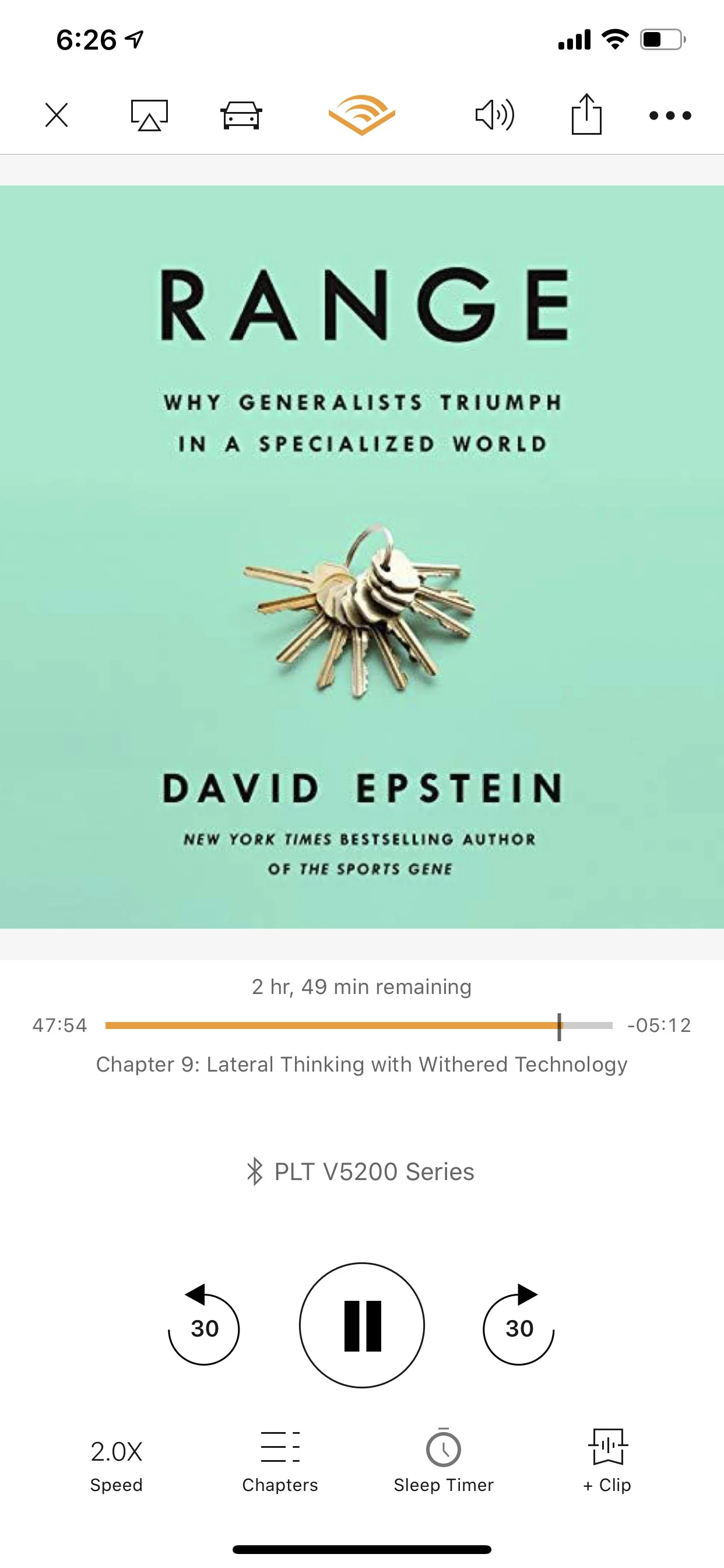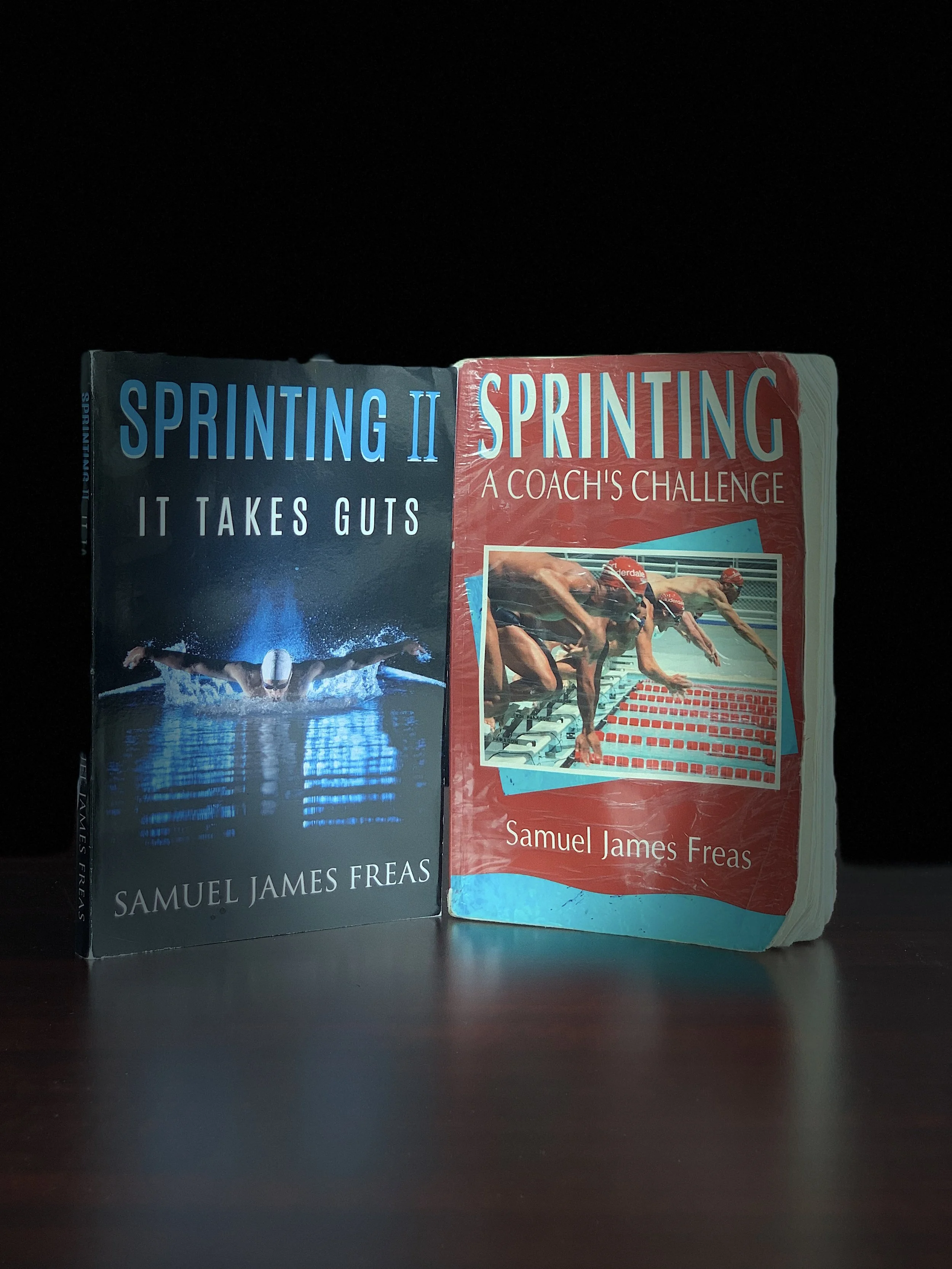Four Strategies to Tackle the Flow of Endless Information
Four Strategies to Tackle the Flow of Endless Information
The current digital revolution and prolific expanse of technology is undoubtedly a positive change and in myriad ways. The world is ours, and all the knowledge thereof a click away, at our fingertips and ready for our consumption. Communication is easier than ever before, and our always-on, constant contact leaves friends and relatives the world over a quick FaceTime session away. New productivity applications appear daily, and many do, in fact, live up to their promise of making our professional and personal lives more efficient than at any other point in human history. We are living in the Golden Age of Information, and tomorrow promises to be better than today, next year faster and more productive than the last.
But the mighty screen is a double-edged sword. When wielded with purpose and wisdom, our smart tech can, and indeed does help us get more done, in less time, and with higher quality. We can be, for lack of a better term, more productive. But amidst the glamor of 5G downloads and the latest OLED technology, a significant challenge lurks. We are constantly bombarded by stuff, and many of us are drowning in the endless flow of information. Used unwisely, our smart tech leaves us stressed out, overwhelmed, anxious, and fearful. The fear of missing out keeps us up at night, plugged into the black hole that is social everything, unwilling to shut down for fear we might miss that emergency text message or the latest most fabulous Instagram post. More often than not, we confuse the two.
Many feel the sting; those fortunate enough to miss out are considered superhuman or disconnected. The remaining struggle to stay afloat. But there is a solution, and today I’ll share with you four strategies I use to tackle the flow of endless information, all while staying connected and staying productive. It is possible to have your broccoli and eat it too. One need not be superhuman and need not unplug completely. We can return to a sense of sanity and still stay connected, and in today’s article, I’ll show you how.
Eliminate Unnecessary Information
The first step is to eliminate. This may seem as though I am taking the easy way out, and I did promise that one need not disconnect entirely to tackle the flow of endless information. To eliminate should not be confused with disconnecting, though in extreme circumstances a digital detox and complete disconnect might be appropriate.
Unsubscribe from unwanted emails
This is common sense and is the first step to elimination. Do you really NEED to be on that email list? Does it provide enough value to make the necessary managing of the emails worth the time? Subscribe to as few email newsletters as possible and no more.
Limit Inboxes
This is a more significant challenge, and one that I wouldn’t wish on anyone...but nonetheless it is needed to tackle the flow of endless information coming your way. As David Allen of Getting Things Done fame would say, you should have as many inboxes as you need and no more. To give you a sense of how quickly inboxes pile up and the immense time required to manage the inputs, consider that right now I have:
Two physical mailing addresses
Home
Work - Liberty
Three office inboxes/mailboxes for physical items
Home
Work - Athletic Department Headquarters
Work - Swimming & Diving Office Headquarters
Three email addresses
Personal
Work - Liberty
Business - JakeShell.com
Six social media services with 10 total inboxes
Facebook
Personal
Liberty
Business - JakeShell
Instagram
Personal
Liberty
LinkedIn
Twitter
Personal
Liberty
Snapchat
YouTube
Two text message inboxes
Apple Messages
GroupMe
Six finance Apps for personal and business (all with their own inboxes)
Voicemail/Phone
Liberty recruiting software inbox
2Do task management application inbox
In all, I have an astounding 30 inboxes to manage, and this is AFTER I eliminated quite a few. Less is more, and the goal again is to remove as many boxes as possible while still staying accessible and productive. Eliminate what you can and commit to a strategy to manage the rest. Here’s how I do it:
Prioritize inboxes according to their importance for work and life
Check what is necessary, as often as is necessary
Set reminders using a trusted system to manage the rest
For example, in terms of email:
I check my Liberty account several times daily
I check my personal Gmail account and jakeshell.com business account once per day
For Social Media:
I check our Liberty Twitter and Instagram inboxes several times daily (quite a bit of recruiting happens via social media; thus I consider these critical inboxes for professional success)
I check my personal Twitter and Instagram inbox once per day
I set a reoccurring task on my 2Do App to check all Facebook accounts and LinkedIn once per week - every Sunday.
The Facebook strategy may seem absurd in the age of connectedness, and yes, I’ve taken a week or more to get back to Facebook messages. I say no worries; if the news were that important, the user would have emailed, sent a text, or called me instead. Dare I say...sending a message through Facebook deserves a several day response time!
2. Practice Calculated Consumption
After eliminating the unnecessary information and in how many places it reaches your psyche, the next step is to scrutinize the rest. Is it worthwhile? Is it a productive use of my time? This is the other “stuff” that includes, but is not limited to, news, books, magazines, web surfing, podcasts, social media in general, and television. I coined the term calculated consumption in an article here, and I suggest you give it a read when time permits. We should run every information input through the filter of calculated consumption: Does what I’m consuming bring me closer to my well-defined goals? Does this input help me succeed or not? Is this part of the process others in my field used to become great?
Not all information is equally good, and we waste quite a bit of time and energy allowing low-value, low-quality information to inundate and overwhelm us. Equality in the workplace? Fantastic. Equality of information? Not in my world, and if you want to tackle the flow of endless information...not in yours either. Consider:
Half of the information you consume is below average
Your work/school inboxes are more important than your Facebook Messenger or the next up as determined by the YouTube algorithm.
Tech companies purposely design their software to be addictive. In the attention economy, they make more $$$ the more time you spend using their services. Be wise and act accordingly.
3. Relax and Let Go
Thus far, we:
Eliminated information by unsubscribing from unnecessary emails (JakeShell.com stayed on the list, of course) and deleted as many inboxes as possible
Implemented a filter of calculated consumption for the remainder of the information
The third step is to relax, let go, and trust that your time and peace of mind are more valuable than what you might be missing. Trust that you’re not missing anything. Yes, I check Facebook messages once a week, and I’ve been doing so for quite some time. I lost exactly zero “friends” in that time, and you won’t either. But the fear of missing out is a strong motivational force, you say. It is, yes, I agree. And for many thousands of years that motivation served us well. If we were the last to hear about the impending invasion of the armies of the north we might be out of luck...but our Snap DM’s shouldn’t hold that much weight. But what if you do miss something? By using this system, you inevitably will. Some questions to ask to help you reduce that fear and anxiety:
Is it that important?
Is it an emergency?
To the above, if so, am I the one to handle the situation? Am I the first call?
Am I that important?
What is the worst possible outcome if I miss this piece of information?
It may take some time, but you can train yourself to overcome the fear of missing out. Starting with an honest assessment of the above questions will take you far. Turning off ALL but the most important notifications on your smartphone is another good strategy to win back your time and attention. I have over 100 apps on my phone, but only have notifications turned on for my calendar and for the 2Do app, covered below. In this way, I’m sure never to miss an appointment or a to-do list item. The rest can wait. Yes, you will miss out on some things. No, it is not that important. Relax and let go.
4. Download and Use the 2Do App for iOS/Mac/Android
Once we’ve eliminated as much information as is possible, calculated our consumption of the remainder, and let go of the fear of missing out, the final step is to manage what’s left in a dedicated system of task/project/life management. As a David Allen guy, I am a fan of his GTD (Getting Things Done) method, and the 2Do app is a perfect GTD companion. There is no better digital system for managing work and life, and 2Do keeps me focused, on task, and able to efficiently tackle the flow of endless information.
Few lives are too complex for 2Do, few projects too detailed. 2Do can handle anything I throw its way, and the app helps me manage the plethora of inputs listed above and do so in a fast and efficient manner. 2Do keeps me organized, on task, and focused. In combination with a trusted calendar system, it is the single best way I’ve found to live a life of productivity and easily handle the endless flow of information that comes my way.
You can read more about the app here. I would highly encourage you to give it a try. It can be as straightforward or as complex as you need, and once mastered, will increase your output in a way never imagined.
In Closing
The endless flow of information will only increase, and there is no end in sight. One can quickly become a slave to the onslaught of said information. As an added challenge, smart people design smart software with one overarching purpose - capture our attention and hold it in their respective app of choice. We must fight back and act with intention if we are to tackle the flow of endless information.
What are your goals in life? For school? For your professional and personal life? Is your current strategy for information management helping you achieve those goals? Is your current plan moving you closer or further away? By incorporating these simple tips for tackling the flow of endless information, you will become happier, healthier, more productive, and live life on your terms...not those of tech moguls and media tycoons.
As always, thank you for reading. Please share this article with someone that will benefit - We can all use a bit of help in managing the flow of endless information.
For similar thoughts, check out Three Uncommon Ways To Rest. Enjoy!


